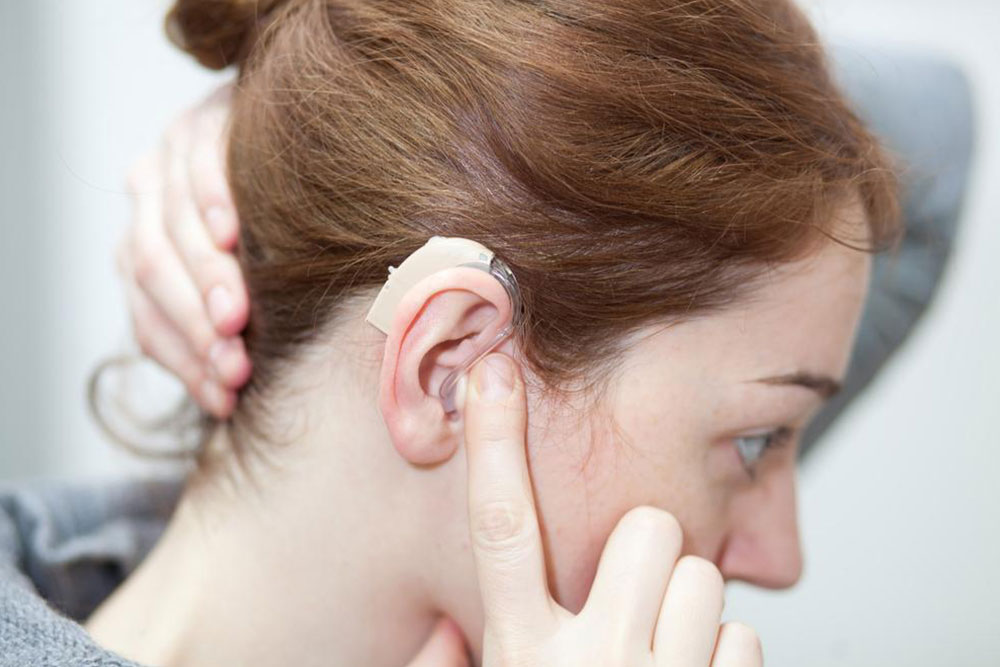Effective Strategies for Alleviating Tinnitus in Senior Citizens
Discover practical and effective methods for managing tinnitus symptoms in seniors, including relaxation techniques, diet tips, ear care, sleep improvement, and alternative therapies. These approaches aim to enhance quality of life by reducing discomfort and stress associated with persistent ear ringing.

Effective Strategies for Alleviating Tinnitus in Senior Citizens
Tinnitus, characterized by persistent ringing or buzzing in the ears, is a common concern among older adults. It can be triggered by minor issues like earwax buildup or more serious health conditions such as hearing impairment, cardiovascular issues, sinus infections, or hormonal fluctuations. Approximately 10% of the population, including seniors, experience tinnitus. While the condition can significantly affect daily life, various approaches can help manage its symptoms effectively.
1. Practice Relaxation Techniques
Tinnitus-related ringing can lead to frustration and difficulty concentrating in seniors. Incorporating relaxation methods like deep breathing or massage can reduce stress and alleviate symptoms. Consulting healthcare providers for personalized relaxation exercises can be beneficial.
2. Maintain a Healthy Diet
Nutritionists often recommend eating antioxidant-rich foods, such as acai berries, to help reduce tinnitus symptoms. Proper diet adjustments should always be discussed with a healthcare professional to ensure they suit individual health conditions.
3. Ear Hygiene and Cleaning Regular ear cleaning can provide quick relief by removing wax buildup. However, it's safer to have ears cleaned by professionals rather than using Q-tips, which risk pushing wax deeper or damaging the eardrum. Seniors uncomfortable visiting a clinic can learn safe cleaning techniques from healthcare providers.
4. Ensure Adequate Sleep Poor sleep can worsen tinnitus symptoms. Seniors are encouraged to maintain consistent sleep routines, optimize bedroom conditions, and use white or ambient noise devices to facilitate falling asleep and improve overall rest quality, leading to symptom relief.
5. Engage in Regular Exercise Staying active helps lower stress and enhances physical and mental well-being. Seniors should consult their doctors before starting any new exercise program to prevent injury and find suitable routines like walking or light workouts that support tinnitus management.
6. Incorporate Yoga Yoga offers relaxation benefits and may help ease tinnitus symptoms by reducing stress levels. While research continues, many seniors find yoga a helpful complementary practice for managing health issues.
7. Use Sound Therapy Masking sounds, such as white noise or calming music, can distract from ringing and reduce its perception. Home-based sound therapy is accessible and can provide immediate relief, though further studies are needed to confirm its long-term effectiveness.
8. Explore Acupressure This traditional technique involves stimulating specific pressure points to promote relaxation and reduce stress. Seniors should seek treatment from qualified practitioners to ensure safety and maximize benefits, as acupressure can help alleviate stress and fatigue related to tinnitus.










